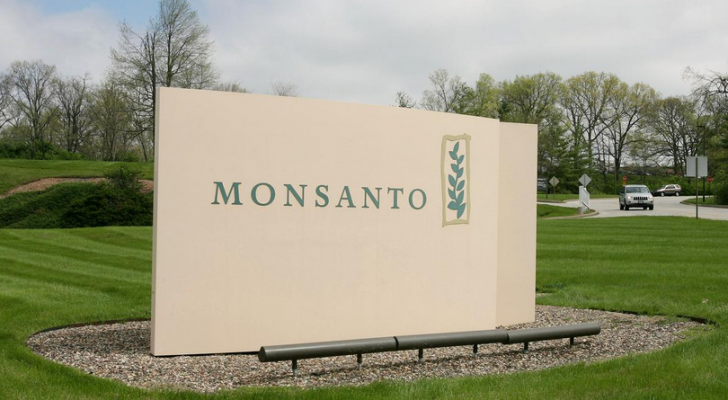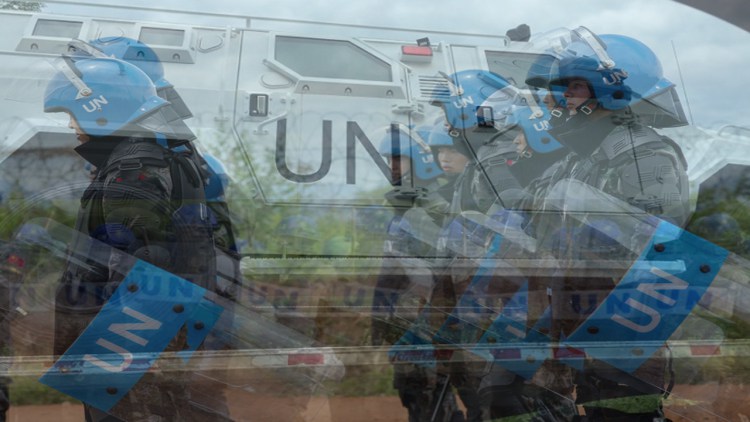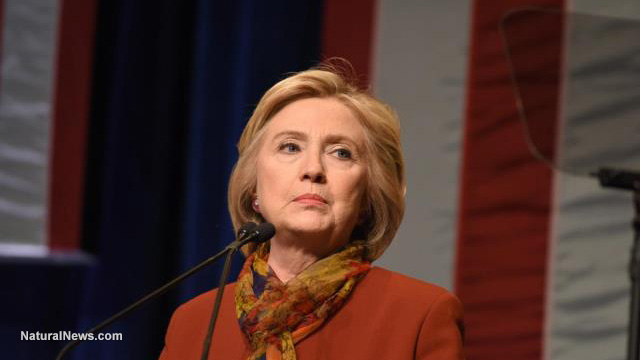Round-Up Weed Killer Classified as ‘Probably Carcinogenic To Humans’ by the World Health Organization
Monsanto (MON) based in St. Louis Mo is calling for the World Health Organization’s International Agency for Research on Cancer (IARC – Lyon, France) to retract its report that one of the world’s most popular weed-killers — and the most widely used kind in the U.S. — has been labeled a probable carcinogen.
As reported by The Lancet:
“In March, 2015, 17 experts from 11 countries met at the International Agency for Research on Cancer (IARC; Lyon, France) to assess the carcinogenicity of the organophosphate pesticides tetrachlorvinphos, parathion, malathion, diazinon, and glyphosate (table). These assessments will be published as volume 112 of the IARC Monographs.” “…Glyphosate, glyphosate formulations, and AMPA induced oxidative stress in rodents and in vitro. The Working Group classified glyphosate as “probably carcinogenic to humans” (Group 2A).
This is the same company that’s given us the dirty dozen. “Saccharin” “PCB’s” “Polystyren” “Nuclear Weapons” “DDT” “Dioxin” “Agent Orange” “Protroleum-Based Fertilizers” “RoundUp” “Asparteme (NutriSweet, Equal)” “Bovine Growth Hormone (rBGH)” “Genetically Modified Organisms (GMO)”. In other words, they have a long history of producing “probably” carcinogenic (“chemically“) based products.
The U.S. Geological Survey estimated agricultural use of glyphosate in 2012, the most recent year available, at more than 283 million pounds, up from 110 million pounds in 2002.
In the United States, local farmers and growers are dumping 283 million pounds of a known “probable” cancer causing chemical into the environment where you and I live. This product gets into our rivers, streams and ground water potentially causing all kinds of havoc on the environment. Is there any wonder why a third of the population in America is getting cancers.
As a result of the publication of this report, one would think Monsanto would take the position of rectifying the situation by making their products safer, or coming out publicly stating they will do whatever it takes to make their product environmentally friendly and safe for humans. But instead their response was:
“We question the quality of the assessment,” Philip Miller, Monsanto vice president of global regulatory affairs, said on Tuesday in an interview. “The WHO has something to explain.”
Despite what Monsanto says there are many insiders who are coming forward and encouraging others to take a closer look.
Monsanto says such studies are invalid. But critics say they merit attention. “There are a number of independent, published manuscripts that clearly indicate that glyphosate … can promote cancer and tumor growth,” said Dave Schubert, head of the cellular neurobiology laboratory at the Salk Institute for Biological Studies in La Jolla, California. “It should be banned.” (Reporting by Carey Gillam in Kansas City, Mo.; editing by Matthew Lewis) (emphasis added)
Its interesting that while Monsanto tells the whole world their product (“Glyphosate“) is safe, environmentally friendly and there is nothing to worry about; they lobbied our Legislators and even helped write Section 735 of HR933 in March 2013. Section 735 is commonly referred to as the “Monsanto Protection Act”. This rider “effectively bars federal courts from being able to halt the sale or planting of controversial genetically modified (aka GMO) or genetically engineered (GE) seeds, no matter what health issues may arise concerning GMOs in the future“.[1]
[1] Consolidated and Further Continuing Appropriations Act, 2013 Sec. 735
On a lighter note, here is an video of a former Monsanto lobbyist Dr. Patrick Moore making the claim “RoundUp” is safe and so much so that he could drink it without harm, but when the interviewer gives him the opportunity to drink some he refuses saying “I’m not stupid”, “I’m not an idiot.”



